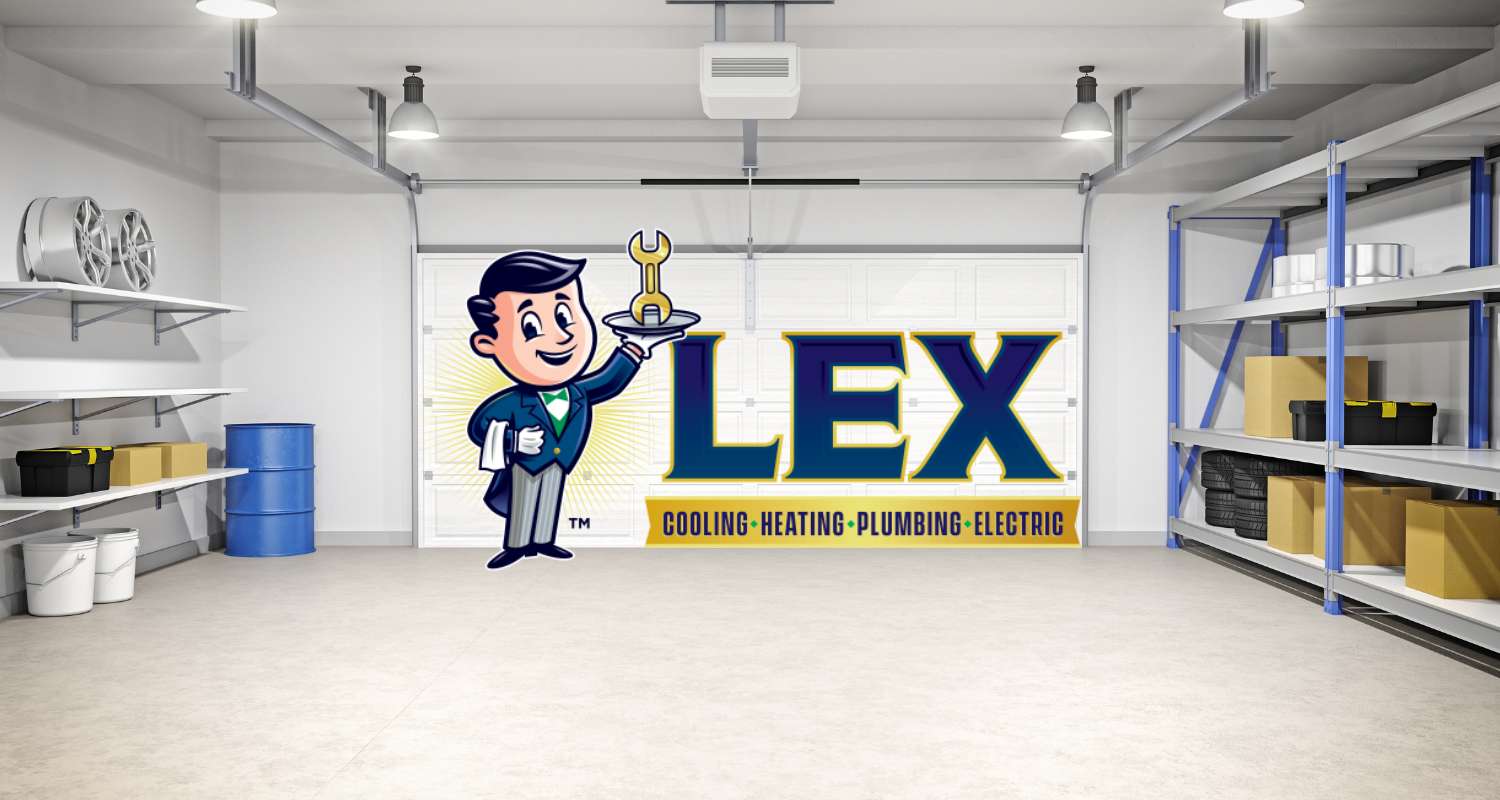In Carrollton, TX, where scorching summer temperatures are the norm and a box fan just doesn’t cut it, keeping your garage comfortable can be challenging. The relentless heat can turn any garage space into a sauna, making it unbearable for any activity, whether tinkering with tools or simply storing belongings. In these cases, having a reliable air conditioning unit tailored for garage environments becomes necessary for maintaining pleasant climate control.
When it comes to finding the best AC unit for your garage, look no further than your trusted Carrollton air conditioning company Lex Air. With our unmatched expertise in HVAC solutions, we specialize in providing tailored cooling systems ideally suited to the unique needs of your space.
Don’t let the hot air take over your garage—take action today with Lex Air and enjoy a cooler environment year-round! Call (972) 217-8955 or reach out online to set up an appointment with one of our air conditioner experts today.
How To Air Condition a Garage
Wondering how to air condition a garage? Well, there are several factors to consider for optimal cooling efficiency. First, you must accurately assess the garage space’s heat load. Start by evaluating the size of the garage and the amount of insulation it possesses, as these factors significantly impact the energy required to cool the entire space effectively. You’ll also need to consider the area’s climate to determine the average yearly temperature fluctuations.
The next step is calculating how many BTUs (British Thermal Units) are needed to cool the garage adequately. This calculation depends on factors such as the garage size, insulation quality, and the intended use of the space. A garage air conditioner with the appropriate BTU rating ensures efficient cooling without unnecessary energy consumption.
If you’re not sure how to properly calculate your garage’s heat load and/or the BTUs needed to cool it, trust our experts at Lex Air Conditioning to guide you through this process and provide knowledgeable advice on calculating BTUs and selecting the best garage air conditioner for your specific needs.
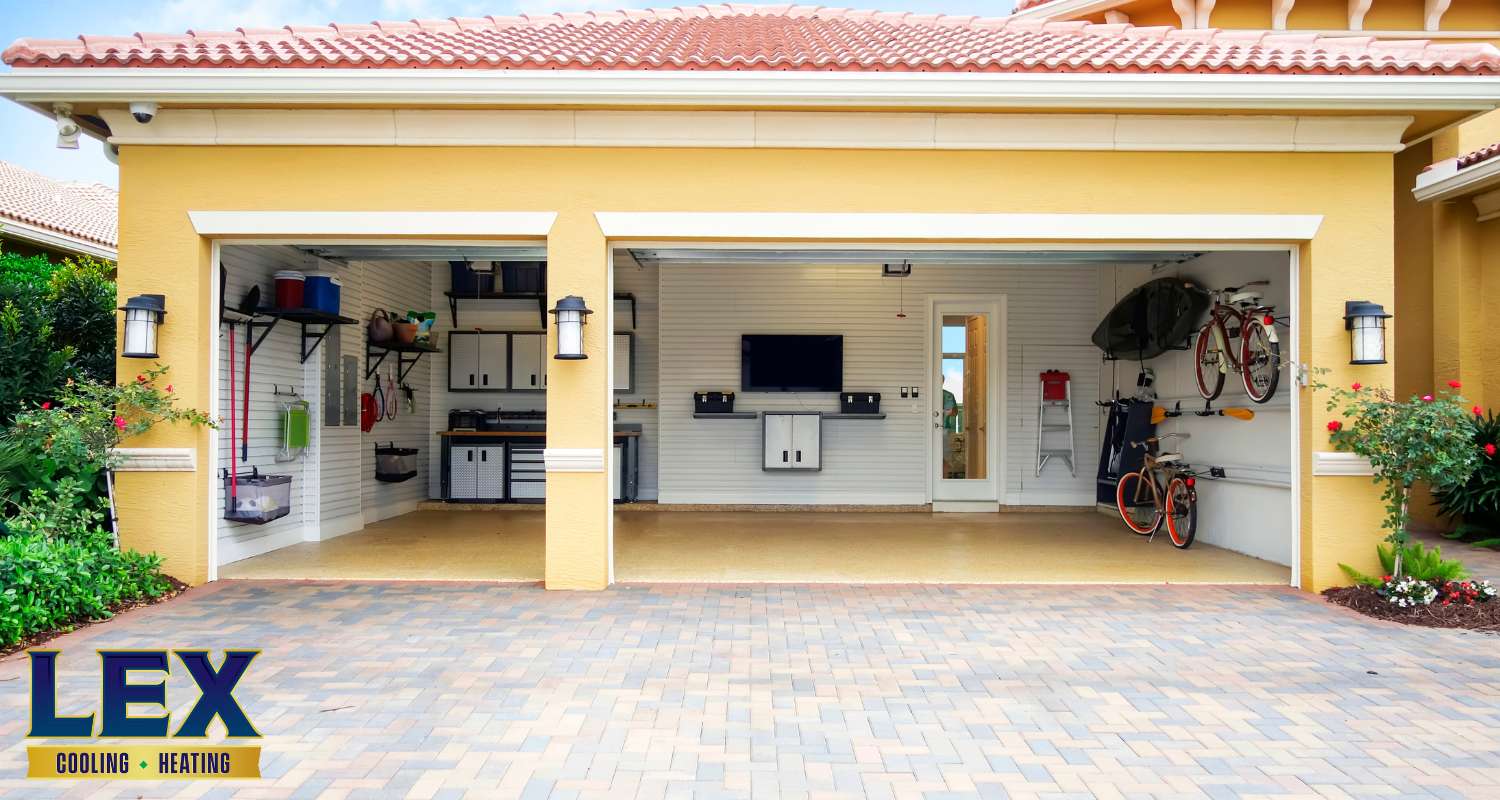
What is the Best AC Unit for a Garage?
Selecting the best AC unit for your garage involves carefully assessing several key factors. Firstly, consider the size of your garage—a smaller space might benefit from a portable air conditioner or window AC unit. A larger garage, on the other hand, may require a more powerful solution like a mini-split system for efficient cooling.
Secondly, you’ll want to evaluate the insulation quality of your garage, as this directly impacts the unit’s effectiveness in maintaining desired temperatures and energy efficiency. Finally, consider how you utilize the space; whether it serves as a workshop, storage area, an additional room, or even a gym, the intended use can greatly influence your cooling needs.
After determining exactly how your garage will be utilized, various options are available, including mini-split systems, window air conditioners, portable AC units, and packaged terminal air conditioners. Each unit type offers unique features and benefits tailored to different garage setups and usage scenarios. Call Lex Air Conditioning to explore these options further and help you select the perfect cooling solution for your garage.
Mini Split for Garage
A mini-split AC unit is a ductless cooling system comprising an outdoor compressor unit and one or more indoor air-handling units, offering individualized climate control for different zones within a building or space.
Pros and Cons of Ductless Mini-Split Air Conditioners
Pros:
- Mini-splits are ductless systems that don’t require a window for installation, making them ideal for garages without existing ductwork or windows.
- They offer excellent energy efficiency, helping to reduce electricity bills over time.
- A mini-split provides customizable zoning options, allowing you to independently control temperatures in different garage areas.
- Mini-split systems offer cooling and heating capabilities, providing year-round comfort in your garage.
Cons:
- Initial installation costs can be higher than other AC unit types.
- Mini-splits typically require professional installation, adding to the overall expense.
- They may not be suitable for all garage sizes, especially very small or oddly shaped spaces.
- In colder climates, mini-splits may experience reduced efficiency during extremely low temperatures, affecting heating performance.
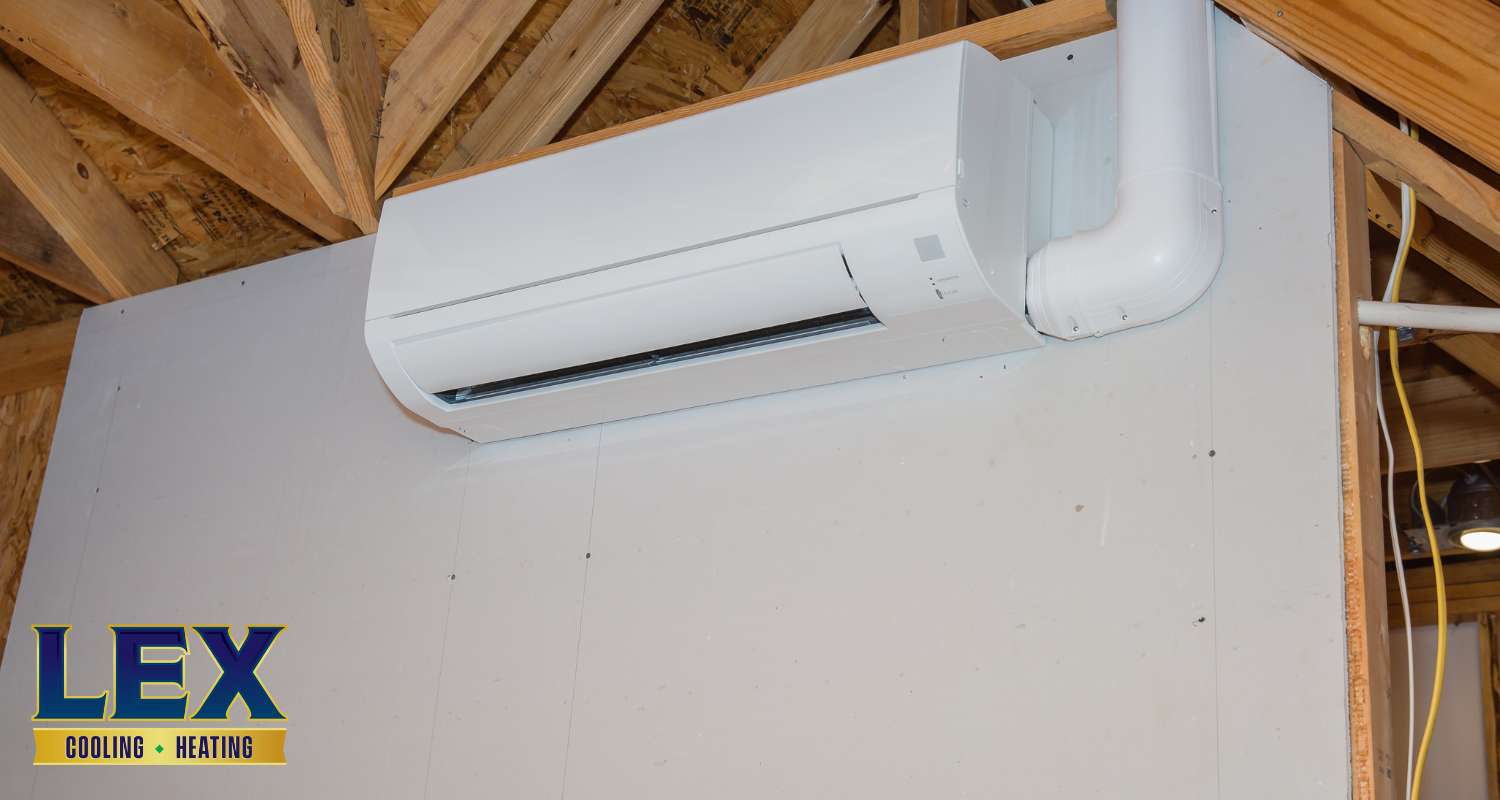
Window Air Conditioner for Garage
A window air conditioner is a compact cooling unit designed to be mounted in a window opening, providing efficient and convenient cooling for a specific room or space.
Pros and Cons of Window Air Conditioners
Pros:
- A window AC unit is relatively easy to install, making it convenient for garages with suitable window space.
- They are typically more affordable upfront than other AC units, offering cost-effective cooling solutions.
- Window units often have exhaust hoses to vent hot air outside, helping maintain a comfortable garage temperature.
- Many modern window AC units are designed to be energy efficient, helping to reduce electricity consumption and lower energy bills over time.
Cons:
- Window units require an accessible window space for installation, which may limit placement options in some garages.
- The installation process may involve securing the unit properly and sealing gaps to prevent air leaks, which can be time-consuming.
- Depending on the garage’s size and the unit’s cooling capacity, a window air conditioner may struggle to effectively cool larger or poorly insulated spaces.
- They can obstruct natural light and views from the window, potentially impacting aesthetics and functionality in the garage.
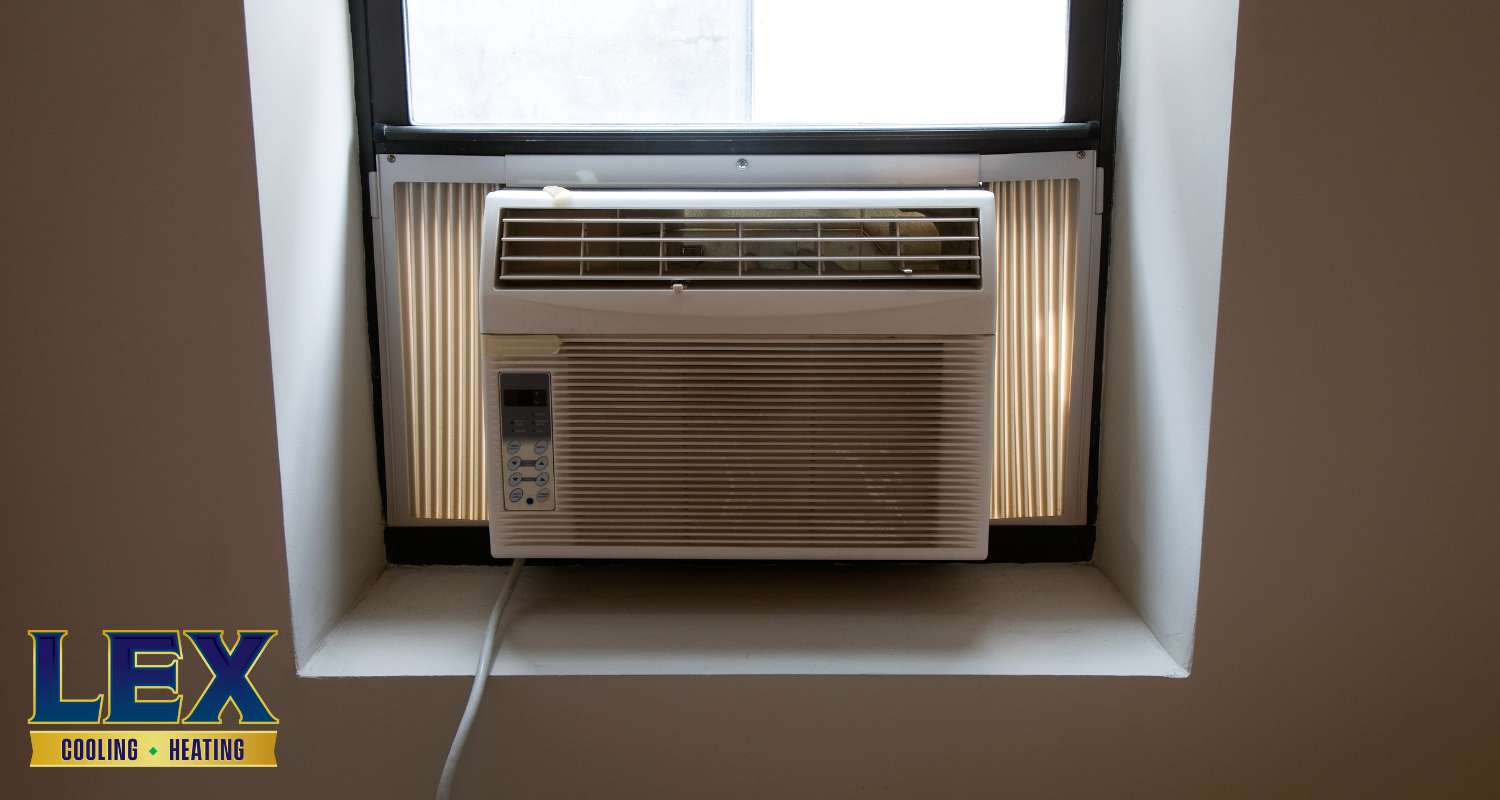
Portable Air Conditioner for Garage
A portable AC unit is a self-contained air conditioning system that can be easily moved and does not require permanent installation, making it a flexible cooling solution for various spaces, including garages.
Pros and Cons of Portable Air Conditioners
Pros:
- Portable air conditioners offer flexibility in placement, making them suitable for garages without window space or with limited installation options.
- They are more affordable than other types of AC units, providing a cost-effective cooling solution for occasional garage use.
- A portable air conditioner comes with exhaust vents that can be easily vented outside through a window or a vent kit, maintaining good air circulation in the garage.
- Portable ACs provide a convenient and efficient cooling option for small garages or areas where central cooling is impractical.
Cons:
- Portable units typically have lower cooling capacities than window units or mini-splits, which may struggle to adequately cool larger or poorly insulated garage spaces.
- Single-hose portable AC units draw air from inside the room to cool the compressor, leading to negative pressure and potentially drawing warm air from outside through gaps or cracks in the garage.
- The exhaust vent can be cumbersome, requiring the unit to be positioned near a window or vent outside, which may limit placement options within the garage.
- A portable unit may require regular maintenance, such as emptying the condensate tray and cleaning or replacing filters, for optimal performance and efficiency.
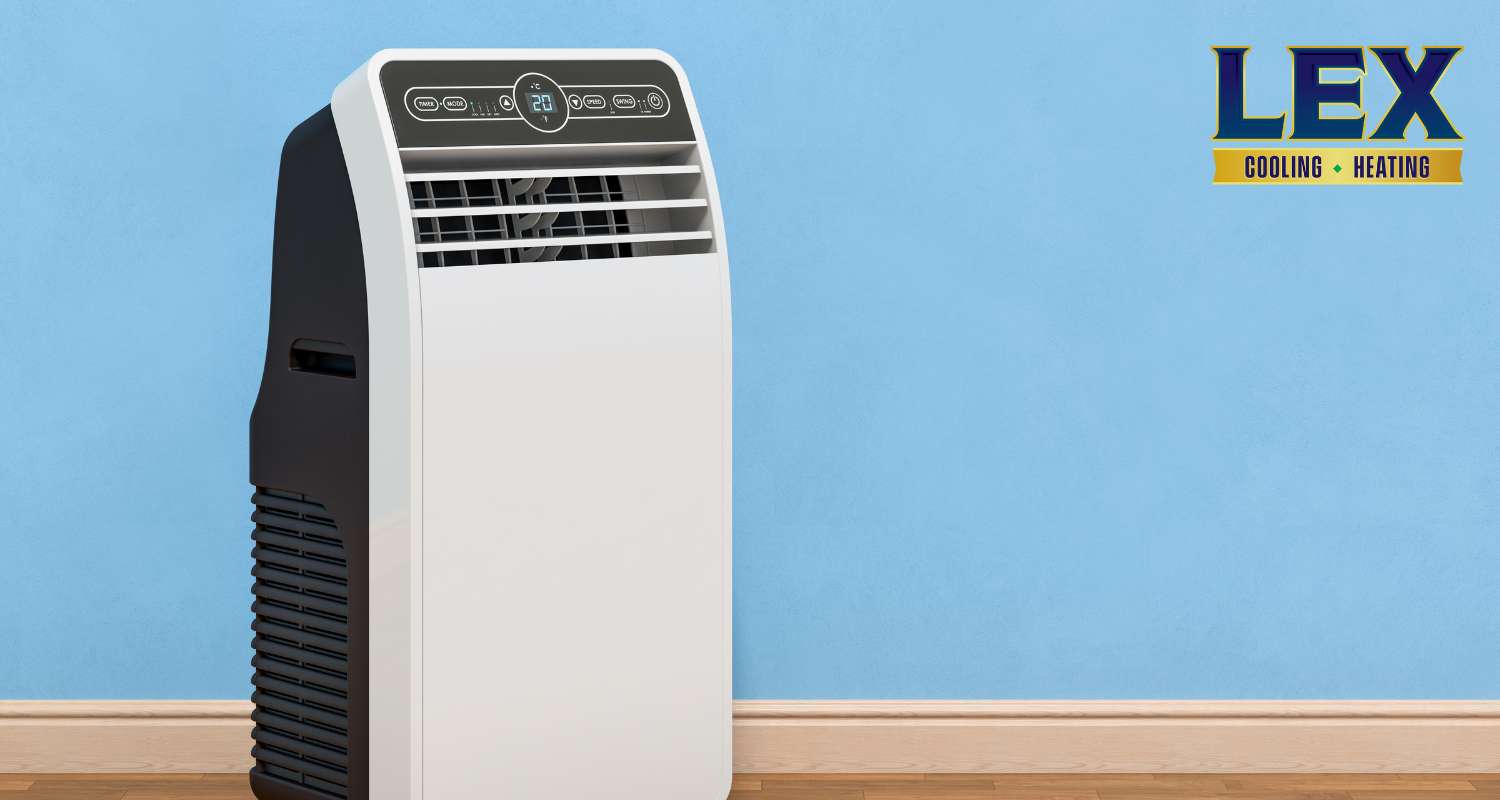
Packaged Terminal Air Conditioners
Packaged terminal air conditioners (PTACs) are self-contained heating and cooling units commonly found in hotel rooms, apartments, and commercial spaces. They are typically installed through an exterior wall with vents for both intake and exhaust.
Pros and Cons of Packaged Terminal ACs
Pros:
- Packaged terminal air conditioners (PTACs) are suitable for spending time in the garage as they provide both a cooling and heating mode, ensuring comfort year-round.
- PTACs produce cold air directly into the room, avoiding the need for ducts and minimizing energy loss, which can help reduce energy consumption.
- Some PTAC models come with exhaust hoses for venting hot air outside, ensuring proper ventilation and maintaining a comfortable environment in the garage.
Cons:
- PTACs may consume more energy than other air conditioners, especially if they run continuously to maintain desired temperatures in larger garage spaces.
- Installation of a PTAC unit may require professional assistance, adding to the overall cost and complexity of garage air conditioning projects.
- The exhaust hose of PTACs needs to be properly installed to vent warm air outside, which may involve drilling holes in the wall or window, potentially compromising insulation and security.
- In some cases, PTAC units may produce more noise than ducted systems, which can be a concern if the garage is used as a workspace or relaxation area.
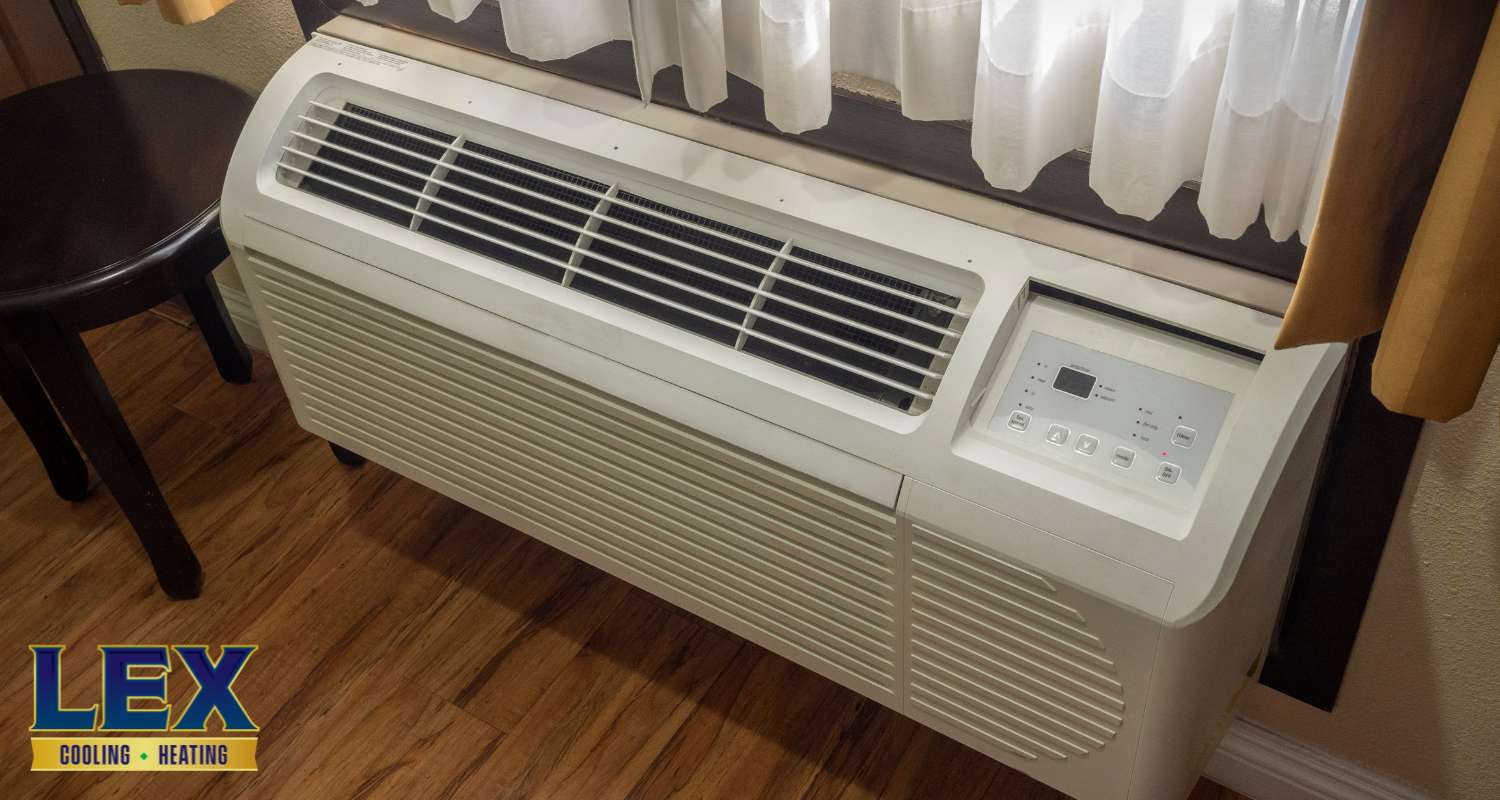
How to Choose the Right Garage Air Conditioner
As we mentioned before, several factors should be carefully considered when selecting the best garage air conditioners. Begin by assessing the square footage of your garage space, as this will determine the cooling power required to maintain comfortable temperatures. A portable or window unit model may suffice for a small garage, offering convenient installation options and suitable cooling capacity. For a two-car garage (or larger), more powerful options, such as ductless mini-split systems or packaged terminal air conditioners, may be necessary to cool the entire space effectively.
Additionally, consider other features such as British Thermal Unit (BTU) ratings and Seasonal Energy Efficiency Ratio (SEER) ratings. Higher BTU ratings indicate greater cooling power, while a higher SEER rating signifies increased energy efficiency, helping to reduce energy consumption and costs, especially during the summer months. It’s also important to consider humidity levels in your area, as certain models come equipped with dehumidification capabilities to remove excess moisture from the air.
Lastly, factor in noise levels, price, and whether you also desire a heating option for your garage air conditioning system. While a central AC system may seem like a comprehensive solution, its installation and operational requirements make it less suitable for garage environments.
Maintenance Tips for Garage Air Conditioners
Just like any HVAC unit, regular maintenance is key for optimal performance of your garage air conditioner. For evaporative coolers commonly used in garage environments, seasonal AC maintenance should include inspecting and cleaning the damp pad to remove any debris or mineral deposits buildup. Check the water levels and drainage to prevent mold or algae growth. If and when the garage door is frequently opened in the summer, keeping the evaporative cooler’s LED display clean and unobstructed for accurate temperature readings is important.
For other models and types of AC systems, such as window units or portable models, seasonal maintenance should include cleaning or replacing air filters for proper airflow and efficiency. Inspect the unit’s exhaust vents and remove any obstructions for optimal airflow and heat removal. Check the garage door seals to prevent heat from entering and interfering with the cooling process.
Also, check for signs of wear or damage, such as worn-out insulation or leaking refrigerant, and address any issues promptly to prevent further damage. Following these maintenance tips lets you keep your garage cool and comfortable while minimizing how much energy is consumed.
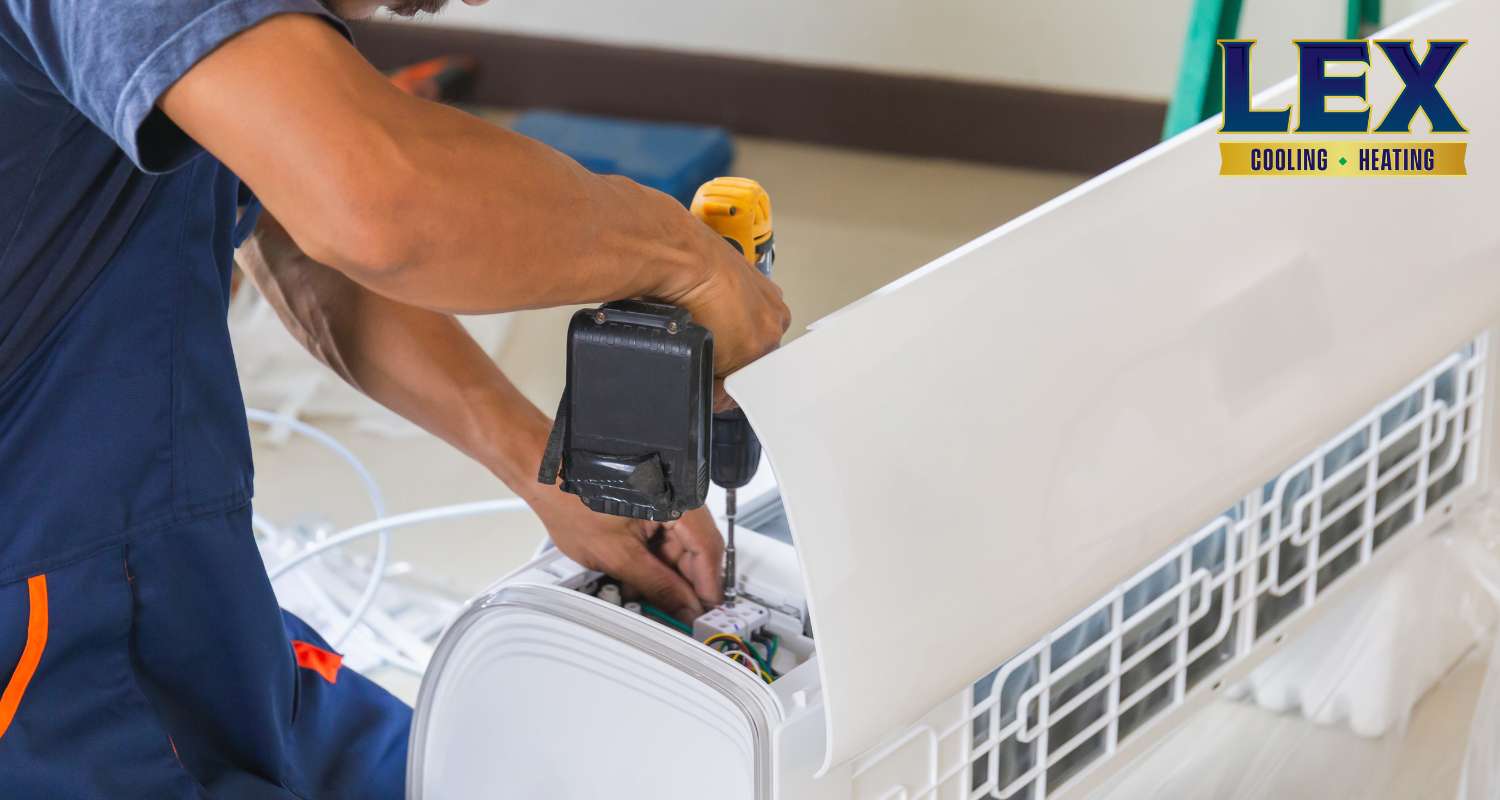
Why Choose Lex Air for Your Carrollton Garage AC Solutions?
At Lex Air, we are happy to help local Carrollton residents with their garage AC solutions. With a focus on professionalism and customer satisfaction, Lex Air has you covered in all things HVAC – from installing a new HVAC system, providing comprehensive maintenance for your current central air unit, and even offering tailored advice when selecting the best air conditioner for your garage.
With Lex Air, you can enjoy peace of mind knowing that your garage AC system is in the hands of trusted professionals dedicated to delivering exceptional service and results every time.
Call the Carrollton Garage Air Conditioning Pros at Lex Air Today!
Choosing the right AC unit is essential to guarantee you can comfortably spend time in your garage, free from the discomfort of Texas’ extreme heat. At Lex Air, we’re here to provide professional installation, repair, and maintenance to ensure effective cooling year-round, no matter what room you’re in.
Ready to turn your garage into the ultimate oasis of cool air and comfort? Give us a call at (972) 217-8955 or complete our online intake form to speak with a comfort specialist on our team today!

